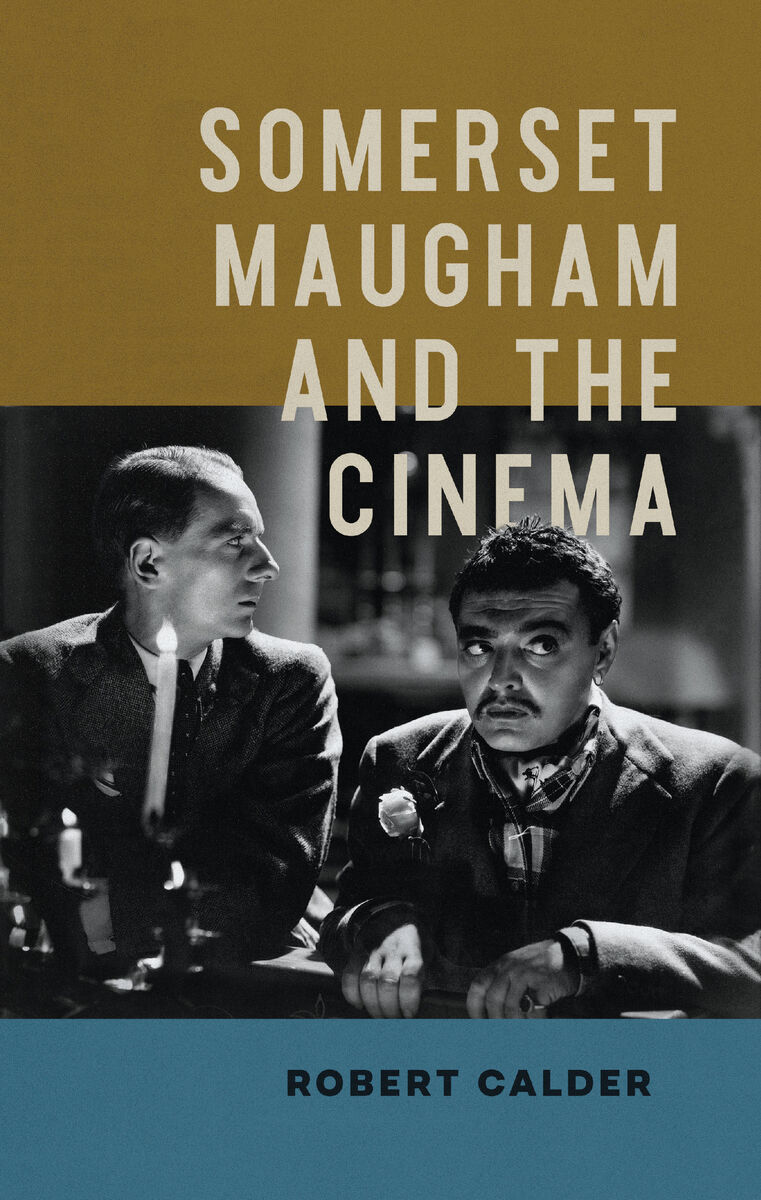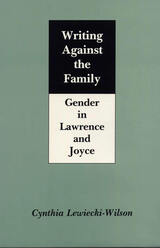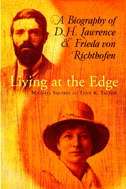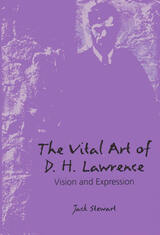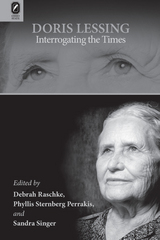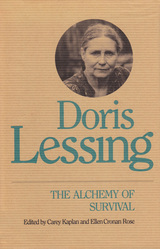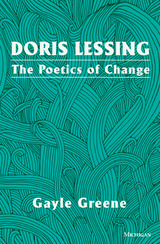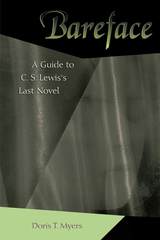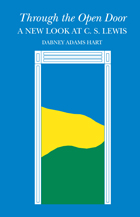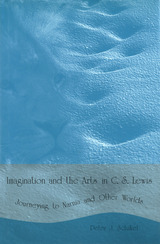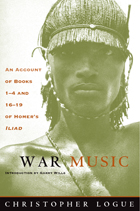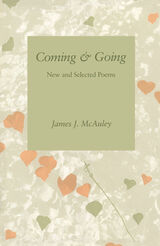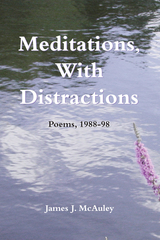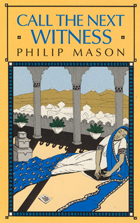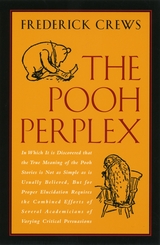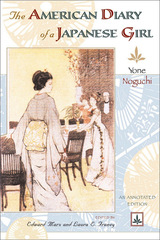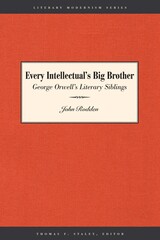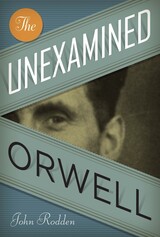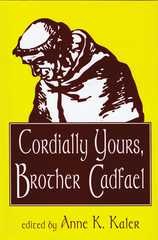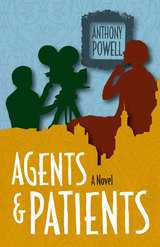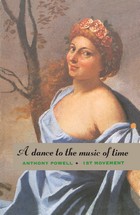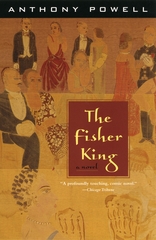Somerset Maugham and the Cinema
University of Wisconsin Press, 2024
Cloth: 978-0-299-34620-1 | eISBN: 978-0-299-34623-2
Library of Congress Classification PR6025.A86Z5588 2024
Dewey Decimal Classification 823.912
Cloth: 978-0-299-34620-1 | eISBN: 978-0-299-34623-2
Library of Congress Classification PR6025.A86Z5588 2024
Dewey Decimal Classification 823.912
ABOUT THIS BOOK | AUTHOR BIOGRAPHY | REVIEWS | TOC | REQUEST ACCESSIBLE FILE
ABOUT THIS BOOK
William Somerset Maugham (1874–1965) was one of the most prominent and productive authors of the twentieth century—and his works have been among the most cinematically transformed in history. For more than five decades, adaptations of his plays, stories, and novels dominated movie theaters and, later, television screens. More than ninety individual works were filmed, and for many filmgoers his name was a greater draw than that of the director. Works such as Of Human Bondage, “The Letter,” The Painted Veil, “Rain,” The Razor’s Edge, and others were produced multiple times, with starring roles sought by actors like Bette Davis, Gloria Swanson, Greta Garbo, Lionel Barrymore, Charles Laughton, and Bill Murray.
This study of the famous author explores the relationship between literature and film, what is involved in adaptation, and how best to judge films based on celebrated books. Robert Calder, the world’s leading scholar of Maugham’s work, offers fascinating production histories, insight into both fortunate and misguided casting decisions, shrewd analyses of performances and film techniques, and summaries of public and critical responses. Maugham’s characters were often conflicted, iconoclastic, and morally out of step with their times, which may have accounted for the popularity of his fiction. Most of Maugham’s works could be adapted to satisfy the tastes of moviegoers and the demands of the Hays Office censors, if not the expectations of their author.
This study of the famous author explores the relationship between literature and film, what is involved in adaptation, and how best to judge films based on celebrated books. Robert Calder, the world’s leading scholar of Maugham’s work, offers fascinating production histories, insight into both fortunate and misguided casting decisions, shrewd analyses of performances and film techniques, and summaries of public and critical responses. Maugham’s characters were often conflicted, iconoclastic, and morally out of step with their times, which may have accounted for the popularity of his fiction. Most of Maugham’s works could be adapted to satisfy the tastes of moviegoers and the demands of the Hays Office censors, if not the expectations of their author.
See other books on: 1874-1965 | Cinema | English, Irish, Scottish, Welsh | Film adaptations | Motion pictures and literature
See other titles from University of Wisconsin Press
